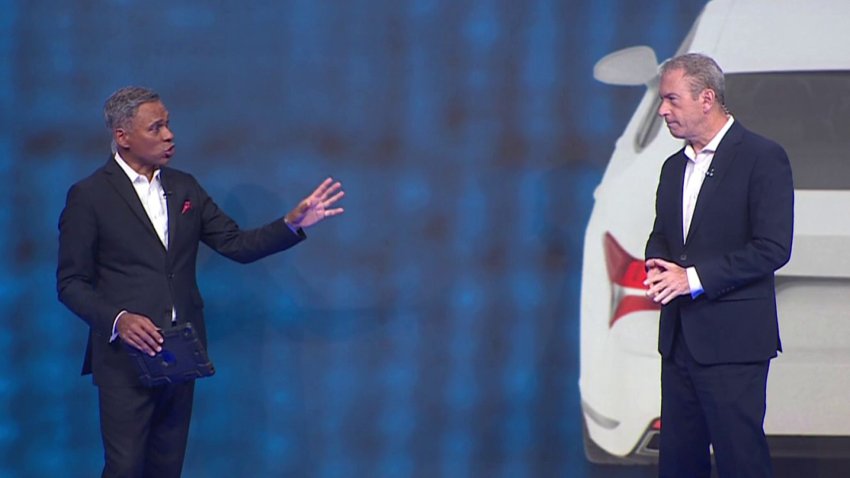Between his phone and his car, Isaiah Harrison is connected almost everywhere he goes, and that’s worrying the White House.
"I am a little superstitious about things like that, honestly," he said.
The Biden administration is now proposing a stop to importing or selling cars that can connect to the internet, if they include Chinese or Russian parts.
The concern? Basically, cars as spyware.
"If you have foreign components in your car, particularly hardware or software, if they're manufactured in a country that is adversarial to the United States, now you have potentially a foreign power that is able to eavesdrop on hundreds or thousands of cars," Mike McNerney, chairman of the Institute for Security and Technology, said.

Cybersecurity experts say our cars, like our phones, are now pretty much mobile computers that can be hacked by adversaries looking for real-time data.
Tech
"Movements of politicians, movements of supply chain materials, understanding where semiconductors are moving plant to plant,” Sean Tufts of Optiv said.
So, how can people protect themselves? Keeping their phones and cars separate.
Get a weekly recap of the latest San Francisco Bay Area housing news. Sign up for NBC Bay Area’s Housing Deconstructed newsletter.
"The more you can keep that attack surface low, the less places you're streaming your data," Tufts said.
Something Harrison said he already does.
"Yeah, I separate my phone from my car,” he said. “I haven't connected it fully."
These days, the term “connected car” applies to most of what we drive. Pretty much any car that can connect to the internet via WiFi, Bluetooth, GPS, cameras, or cellular technology.



